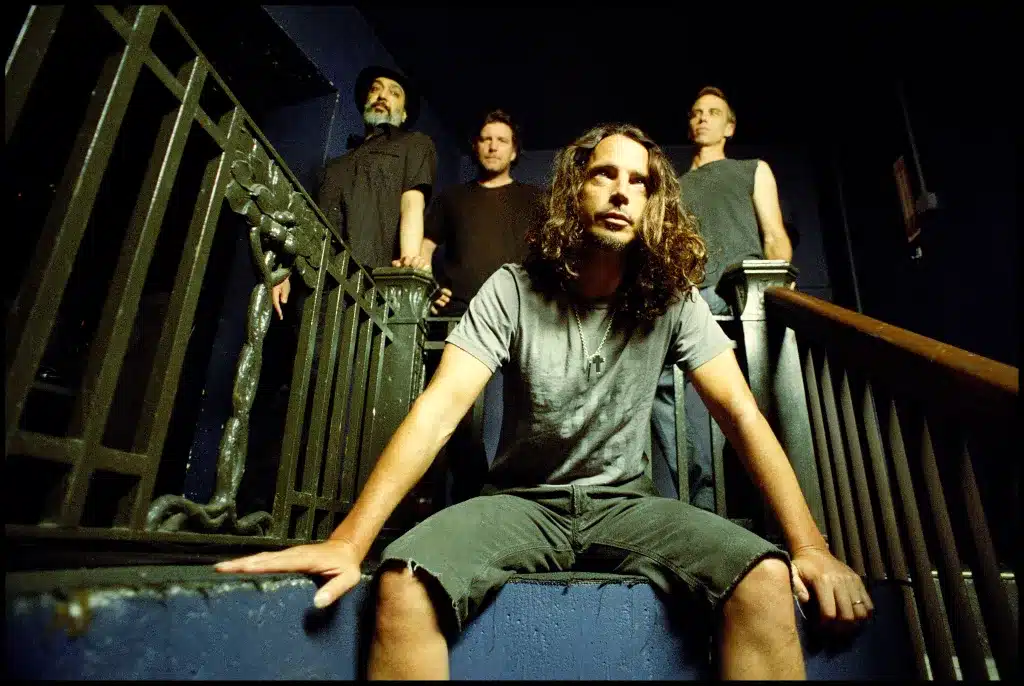Released: 1994
“Fell On Black Days” by Soundgarden is a gritty, introspective plunge into the depths of personal darkness and the struggle against the inevitability of one’s demons. The song grapples with the concept of facing one’s worst fears and the suffocating grip of bad times, shedding light on the moments when everything you’ve actively fought against becomes your reality. Chris Cornell’s haunting vocals and the band’s grungy, powerful instrumentation serve as a backdrop for this exploration of despair and the longing for change.
The opening lines, “Whatsoever I’ve feared has come to life / And whatsoever I’ve fought off, became my life,” set a somber tone for the song. It captures the essence of facing your darkest fears head-on, highlighting the moments when things you’ve desperately tried to avoid or overcome end up consuming your existence. The imagery of days that once seemed bright now being overshadowed (“Sunspots have faded, now I’m doing time”) reinforces the sense of entrapment in one’s own bleak reality.
The chorus, “Cause I’ve fell on black days,” is a poignant admission of defeat and submission to one’s despair. The repetition of “black days” underscores the persistent nature of these dark periods, emphasizing their impact and dominance over one’s life. Cornell’s delivery conveys a depth of resignation and the heavy burden of enduring these challenging times.
In the verses that follow, Cornell delves deeper into the consequences of one’s actions during these black days, acknowledging the ironic twist of trying to heal or care for others only to cause them harm (“Whomsoever I’ve cured, I’ve sickened now / And whomsoever I’ve cradled, I’ve put you down”). The line “Searchlight so they say, but I can’t see it in the night” metaphorically speaks to the struggle of finding hope or guidance amidst overwhelming darkness, highlighting the internal conflict of appearance versus reality.
The bridge, “So what you wanted to see good has made you blind / And what you wanted to be yours, has just made it mine,” touches on the unintended consequences of one’s desires and actions. It suggests a realization that the pursuit of what one believes to be good or rightful can lead to an unexpected, often negative transformation. The advice not to restrict or control what is meant to be free (“So don’t you lock up something that you wanted to see fly”) speaks to the theme of accepting change and the natural course of things, as opposed to clinging to control or a fixed outcome.
In the concluding verses, Cornell repeats the acceptance of change (“I sure don’t mind a change”) amid the cyclical acknowledgment of his black days. This mantra-like affirmation juxtaposed with the recurring line about falling on black days depicts the complex relationship between wanting transformation and being caught in a loop of despair. It reflects the universal human experience of grappling with change, the desire for better days, and the acknowledgment of one’s powerless state amidst personal turmoil.
Through “Fell On Black Days,” Soundgarden masterfully paints a picture of internal struggle, despair, and the sliver of hope for change. The song resonates deeply with listeners, offering a raw, unfiltered exploration of facing one’s inner demons and the ongoing battle between resignation and the desire for transformation.






